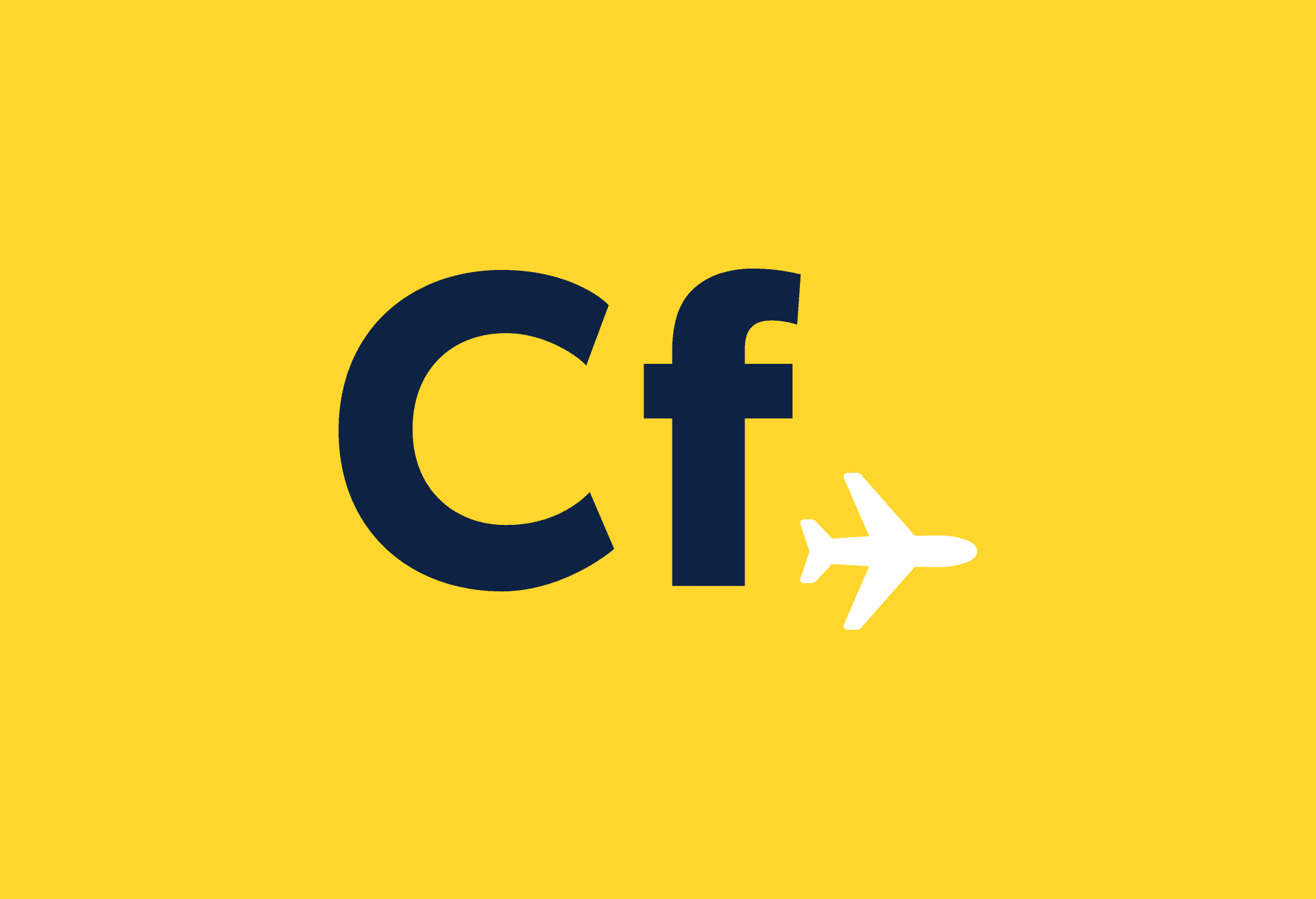If there’s one thing we learned from our research into airline amenity kits it’s that First and Business-Class passengers get more of the good stuff than Economy travellers. Space. Gourmet food. Amenity kits stuffed with high-end products. How do you get behind the curtain without maxing out your credit card? Getting an upgrade… It’s the Holy Grail of travellers and, as we enter peak travel season, we have 35 ways to get an upgrade on flights and hotels. Read on and save (and if you have a tip, let us know):
FLIGHTS
1. Join a frequent-flyer scheme. You’re more likely to be upgraded if you’ve already got a relationship with the company. The procedure for getting elusive Gold or Premier status varies by airline (read the rules carefully) but the investment will pay dividends at the check-in desk. You may also be able to use points to buy an upgrade for some tickets.
2. Subscribe to your airline’s emails and follow them on social media. As the flight time draws closer some airlines will email offering cheap(er) upgrades.
3. Long-haul is where the upgrade action is. Don’t invest your hard-earned points on short-haul city hops.
4. Do you have any friends or family on airline staff? There are often staff perks. It might be time to call in old favours.
5. Are you celebrating a milestone such as a wedding or anniversary? Maybe the all-clear from an illness? It sounds mercenary, but let the airline staff know. Of course, they’ve heard this a million times before so it could help to have proof, a wedding certificate won’t go astray…
6. Are you titled? If you can put Professor, Doctor, Lord or Lady before your name do so (tell the travel agent to note it on your file if you’re booking that way). There’s anecdotal evidence that an exalted title will make it easier for you to end up in First.
7. We can’t guarantee that being nice to airline staff will result in you getting an upgrade but a smile and a friendly word to those behind the check-in desk won’t hurt.
8. If you get an upgrade you’ll be sitting among captains of industry, the rich and the beautiful. Dress like you belong there, like you’re expecting to be papped when you land at JFK.
9. Don’t order a special meal if you can get away with it. If you book a vegetarian, vegan or “religious” meal it may rule you out of an upgrade. In general, flights won’t carry spare special meals.
10. Be flexible. Will getting bumped impact upon the quality of your holiday? If a flight is full, airline staff will “bump” passengers onto the next one. This might be a lucrative move. Incentives can often include an upgrade. If you can afford to do this, tell the airline staff upon check-in.
11. Let the gate attendant know! But be discreet and move aside as soon as you’ve delivered your message.
12. Be first in the queue. If the flight is overbooked it may be a case of first-booked, first-bumped. However, the opposite may work as well. There’s no way to predict it in advance. If a flight is overbooked, the last passengers to check-in may find themselves in the lie-flat seats.
13. Arriving late – but not too late – could help too. You’re counting here on all of the economy seats being filled already.
14. Be strategic with your flight times. Early morning flights are popular with business travellers so your chances of upgrading are slimmer than if you travel later in the day. During school holidays flights to popular holiday destinations will be busy, but possibly not in all classes. Hard-pressed families will be more likely to be in Economy Class and there may be availability in Business or First Class seats.
15. Travel on Bank Holidays and other quieter times of the year when business travellers tend not to be flying. It’s not just UK holidays you’re looking at however, see what’s happening at your destination – conventions, summits, expos.
16. If you’re really serious about securing an upgrade, do some research on websites like SeatGuru. You’ll be able to study the seating configurations of the aircraft. The more Business and First-Class seats, the greater the chance of an upgrade.
17. Check your flights 24 hours before departure to see how full they might be. An oversold flight could mean that the airline will look for volunteers to be “bumped” and this is a super opportunity to negotiate an upgrade.
18. Visit the ATM before you check-in and prepare to splash the cash. Ask about the cost of upgrading your Economy ticket to a Business or First Class fare. On the day it could be a couple of hundred pounds whereas booking a Business or First Class ticket in advance could cost you a couple of thousand pounds more than an Economy fare.
19. Travel solo. If you’re without partner or children you’ll be easier to place. There are no seating considerations if there’s only one of you.
20. It’s rare that a family will get an upgrade, but to increase your chances ensure that your children are beautifully behaved. A mercenary move is to have separate bookings (as much as that’s possible with a family booking).
@Cheapflights End of the day easiest way is to dress smart,smile,be friendly & don’t ask. Check-in staff can only put an SFU in but not U/G — Greg Charnock (@gregcharnock7) August 22, 2014
@Cheapflights SFU = Suitable For Upgrade. Makes it easier at the gate to decide yes or no, before the PAX get there. — Greg Charnock (@gregcharnock7) August 22, 2014
ON THE FLIGHT
21. If a member of the cabin crew ask you to move to make way for another passenger (or passengers) do so. There may be a space up front that they’ll move you to.
22. If there’s a problem with your seat, your tray table or anything else, tell the cabin crew. Be discreet and polite. If there’s not a spare seat in Economy they may move you up a class, space-permitting of course.
HOTELS
23. Similar rules apply here. Sign up for frequent-traveller programmes to prove your loyalty.
24. Subscribe to newsletters and follow hotels on social-media to get advance notice of sweeteners.
25. Don’t book the room that’s priced at rock bottom. Select the second or third cheapest. As far as staff are concerned, the leap to a suite won’t be as far as from the bargain-basement price.
26. Don’t be too specific with your booking. If you’re flexible with the type of room you may not be assigned a room until check-in, at which time you can make your request.
27. Sell how special your trip is. Honeymoon, wedding anniversary, life event… Tell the check-in staff.
28. Be friendly and polite. If there is a problem with your existing room and you’d like to be upgraded explain clearly, carefully and nicely why it doesn’t meet your expectations.
29. Book directly with the hotel – online booking or just pick up the phone.
30. Do the research. Checking out the price of a stay on a price comparison site may pay dividends. When you call the hotel tell them where you saw a cheaper price. They might match it or offer a better room.
31. Travel out of season. Hotels that cater mostly to business travellers are more likely to have vacancies at weekends (when the business travellers have gone home). Off-peak times (weekdays and at quieter times of year) are better for finding an upgrade.
32. Conversely, during busy times all the cheaper rooms in a hotel may be booked and the hotel will bump you into more comfortable lodgings.
33. It’ll be easier to get an upgrade on short stays – one night.
34. Arrive late. Rooms may have become available during the day and hotel staff will be keen that those rooms are occupied. You do want to catch the staff who have the power to grant upgrades, so don’t leave it too late!
35. Seek out new hotels or hotels under new management. They’ll be working hard to build word-of-mouth recommendations.
(Feature image: Lefteris Heretakis)



